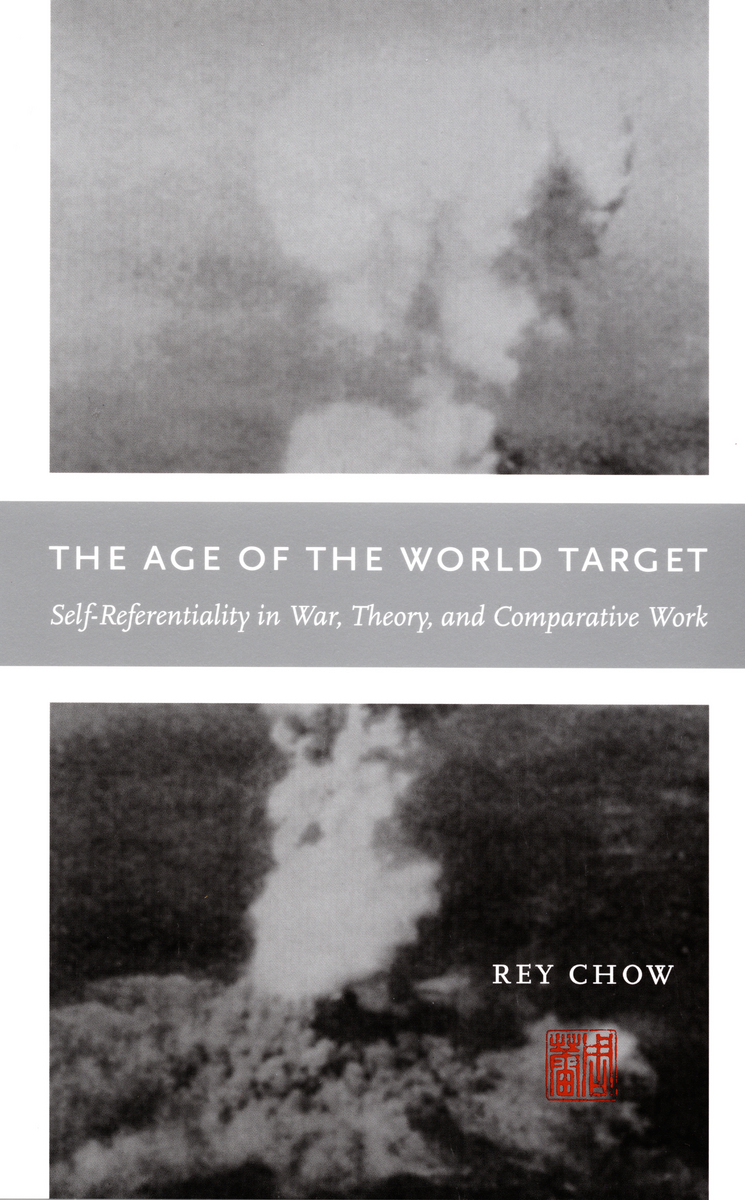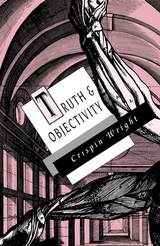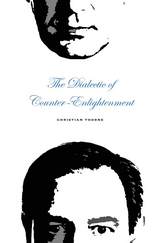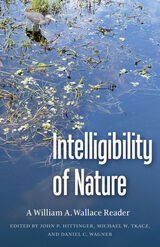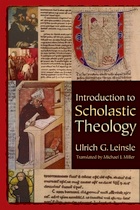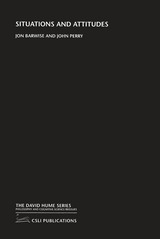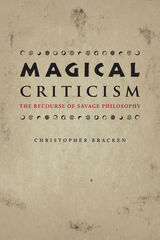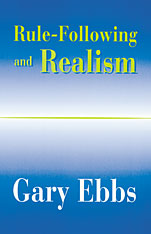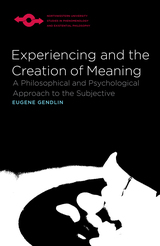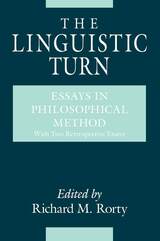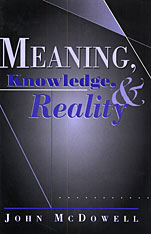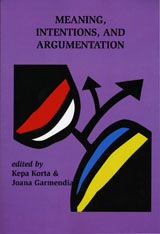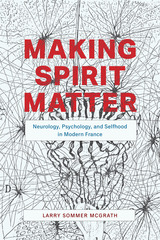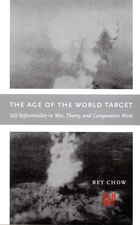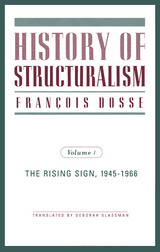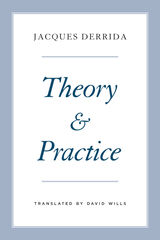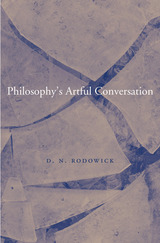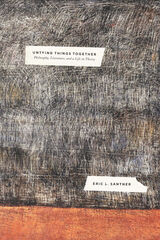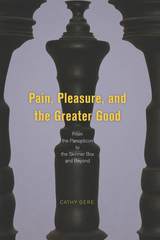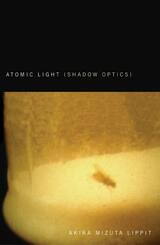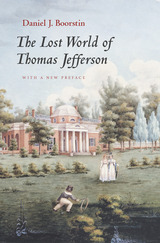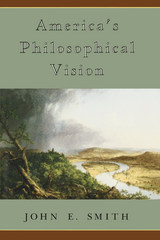The Age of the World Target: Self-Referentiality in War, Theory, and Comparative Work
Duke University Press, 2006
Paper: 978-0-8223-3744-7 | Cloth: 978-0-8223-3732-4 | eISBN: 978-0-8223-8758-9
Library of Congress Classification B841.4.C46 2006
Dewey Decimal Classification 149.9
Paper: 978-0-8223-3744-7 | Cloth: 978-0-8223-3732-4 | eISBN: 978-0-8223-8758-9
Library of Congress Classification B841.4.C46 2006
Dewey Decimal Classification 149.9
ABOUT THIS BOOK | AUTHOR BIOGRAPHY | REVIEWS | TOC | REQUEST ACCESSIBLE FILE
ABOUT THIS BOOK
Martin Heidegger once wrote that the world had, in the age of modern science, become a world picture. For Rey Chow, the world has, in the age of atomic bombs, become a world target, to be attacked once it is identified, or so global geopolitics, dominated by the United States since the end of the Second World War, seems repeatedly to confirm. How to articulate the problematics of knowledge production with this aggressive targeting of the world? Chow attempts such an articulation by probing the significance of the chronological proximity of area studies, poststructuralist theory, and comparative literature—fields of inquiry that have each exerted considerable influence but whose mutual implicatedness as postwar U.S. academic phenomena has seldom been theorized. Central to Chow’s discussions is a critique of the predicament of self-referentiality—the compulsive move to interiorize that, in her view, constitutes the collective frenzy of our age—in different contemporary epistemic registers, including the self-consciously avant-garde as well as the militaristic and culturally supremacist. Urging her readers to think beyond the inward-turning focus on EuroAmerica that tends to characterize even the most radical gestures of Western self-deconstruction, Chow envisions much broader intellectual premises for future transcultural work, with reading practices aimed at restoring words and things to their constitutive exteriority.
See other books on: 1926-1984 | Chow, Rey | Foucault, Michel | Kaplan, Caren | Wiegman, Robyn
See other titles from Duke University Press
